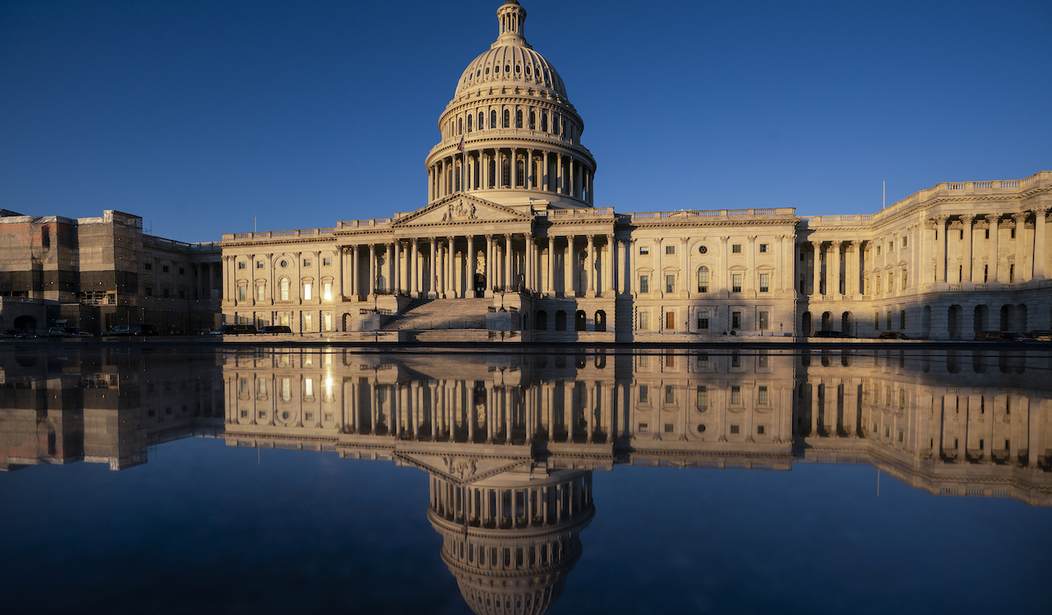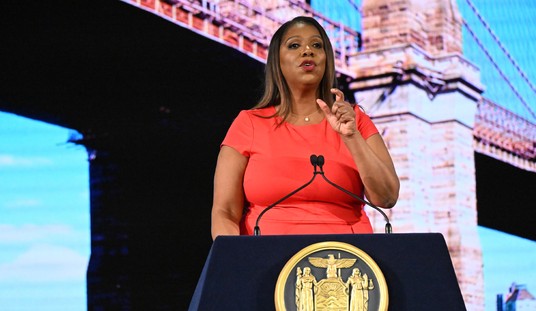Ever since President Trump signed the Coronavirus Aid, Relief, and Economic Security (CARES) Act into law on March 27, businesses big and small have been trying to claim their portion of the $2.2 trillion in taxpayer funds. One particularly lucrative source for quick loans has been the Paycheck Protection Program (PPP), a $349 billion fund that offers forgivable loans to businesses with 500 or fewer employees. The program ran out of money on April 16, and now, Congress is hard at work replenishing the taxpayer dollars that were exhausted so quickly. In a weird turn of events, behemoth broadcasters are trying to muscle their way into the small business lending program, bizarrely claiming that their local stations should be eligible for funding. Lawmakers and the Small Business Administration (SBA) must keep sight of original program goals and ignore their ludicrous request.
While Congress is frantically trying to free up additional resources for small business loans, the National Association of Broadcasters (NAB) is doing everything in their power to divert these taxpayer dollars to deep corporate pockets. NAB, and like-minded lawmakers such as Senators Maria Cantwell (D-Wash.) and Amy Klobuchar (D-Minn.), are calling “for waiving the SBA’s affiliation rule to allow local media outlets to access funding, pointing to the critical role these outlets play in keeping communities healthy and informed.” This would mean that, if a local Fox television station applies for PPP funding, the SBA would only take into account the number of employees working at that particular station rather than, say, the entirety of Fox Corporation. This bailout is being requested even though broadcast viewership has increased during the pandemic. According to Quartz, “Coronavirus is putting a temporary halt to the decades-long decline in broadcast television viewership...Evening news shows are bringing in their largest audiences in decades, the New York Times reported.”
Yet these big broadcasters want the same carveout given to the “accommodation and food services” sectors (i.e. hotel and restaurant chains), in which individual locations can call themselves small businesses and get PPP loans despite having national corporate backing. This exclusion for hotels and restaurant chains has already spurred outrage amid reports that big businesses such as Potbelly and Ruth’s Chris have successfully applied for millions of dollars in PPP loans. Business Insider reports, “Potbelly was granted a $10 million loan from JPMorgan Chase on April 6… Two subsidiaries of Ruth's Hospitality Group — RCSH Operations, LLC and RCSH Operations, Inc. — were granted $10 million each in loans from JPMorgan Chase on April 7.” Shake Shack received $10 million but returned these funds after a national outcry. But most of these mega-corporations have held onto these dollars, and more than 70 publicly traded corporations nabbed PPP funds before initial funding ran out on April 16.
Recommended
Despite all this outrage, big broadcasters want the same benefits on the taxpayer’s dime. NAB is taking aim at aforementioned affiliation rules while failing to mention the complicated structure of their industry. Compared to, say, individual hotel chains, local TV stations are far harder to separate from their corporate owners or even other local stations. In 2012, The New York Times then-contributor Brian Stelter reported, “The stations here compete for viewers, but they cooperate in gathering the news — maintaining technically separate ownership, but sharing office space, news video and even the scripts written for their nightly news anchors…The same kind of sharing takes place in dozens of other cities…[including]…Honolulu, where the NBC and CBS stations broadcast the same morning show.” These ownership games and co-production make it exceedingly difficult to treat individual stations as their own businesses.
It becomes even more difficult to make this “small business” leap considering that the spectrum used by local stations is controlled by behemoth broadcasters and was given to them for free by the federal government decades ago. Essential business assets that other businesses would need to pay for (with their PPP loans) were already bequeathed to broadcasters for free thanks to overly generous government policies.
Reasonable people can disagree about things like “affiliation rules,” especially at a time when individual hotel chains are suffering. These rules also seem to have unfairly put equity-backed small businesses in a difficult position through no fault of their own. But these companies’ ownership structures bear no resemblance whatsoever to broadcasters’ businesses, who regularly share resources with one another and already rely on generous spectrum holdings given by taxpayers.
Now’s not the time to give broadcasters a blank check when millions of American small businesses are suffering.
Ross Marchand is the director of policy for the Taxpayers Protection Alliance.

























Join the conversation as a VIP Member